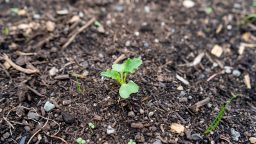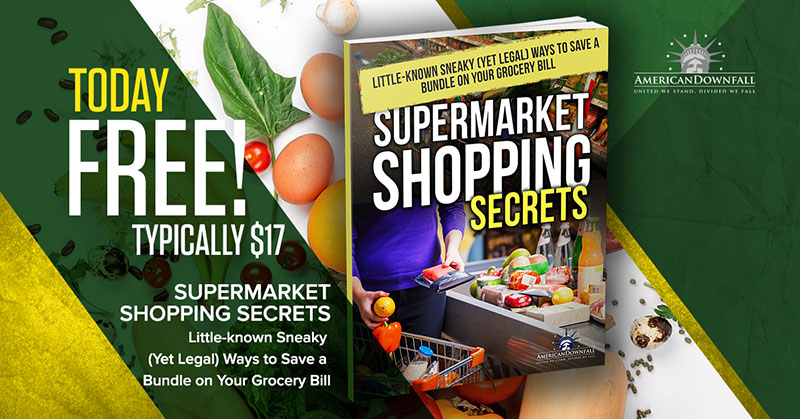You’ve planted your vegetables, and have tended to them properly (you think, anyway), but they still aren’t growing. Instead, you have tomato plants without flowers, tiny zucchinis that wither on the plant, and cucumbers that just won’t grow. Something went wrong, and it’s time to find out what. There are a number of issues that can cause your vegetable plant plans to go awry. Here are some of the most common problems.
Everything Is Planted too Close Together
This happens to the best-intentioned gardeners. You start off with tiny seedlings that are transplanted into the ground or a series of grow bags (depending on the plant and how much space you’re working with.) It’s easy to place them close to one another because they’re so small. You didn’t even think to consider how large they’ll get as they grow. The problem here is that since they’re too close to one another, they don’t have any room to grow. They don’t develop properly and will choke one another out as they compete for the same sunlight, water, and root space.
You Don’t Bother to Weed
Your plant beds need to be taken care of, and this includes weeding them regularly. It’s easy to think that those weeds won’t cause any damage, but they will. Weeds take up space, hog the nutrients in the soil, and introduce pests to your plants. As a result, your vegetables simply won’t grow properly.
Weird Energy Solution…Portable Solar Energy System>>>
They Were Put Into the Ground Too Soon
Cold weather can damage your plants. Some types of seeds, such as tomatoes, won’t even germinate in temperatures that are below 50 degrees. If you want your vegetables to grow, you need to pay attention to the weather. Starting your seeds too early or in the wrong conditions can leave you with sickly plants that don’t produce anything. On top of this, if you plant the seedlings before the last frost of the year, they could die or become damaged by the cold. The results will be plants that don’t really do anything because they just aren’t healthy enough.
Suggested Article: Why Use a Plastic Sheet in Your Garden?
You Didn’t Plan Your Garden Properly
Gardens need to be planned. Certain crops pair well together, while others simply don’t like each other. For example, the three sisters – corn, beans, and squash – will thrive if they’re placed close together because they protect each other and provide the right growing conditions. In order for your garden to be the best that it possibly can, you’ll need to do some research on the vegetables that you want to plant, and then plan everything out accordingly.
Fertilizer? What’s That?
If you don’t fertilize your plants, they won’t have the nutrients that they need in order to grow. There are many different types of fertilizer, so you should have no issues finding the best organic or non-organic one for your needs. As we mentioned above, you need to do a bit of research in order to see which types of fertilizer work best for your vegetable plants, and then apply them using the instructions on the package.
Related Article: 5 Common Fertilizer Mistakes
There’s Not Enough Sunlight
Anyone who’s ever tried to plant vegetables in the shade knows what will happen. Without plenty of sunlight, those crops just won’t grow properly. In order to determine the best place for your garden, spend some time looking around your yard at all hours of the day. The spaces that get the most sunlight will be the best place for your plants. Very few vegetable plants will actually survive and thrive in low light conditions. Your garden placement might be to blame for your lack of output.


